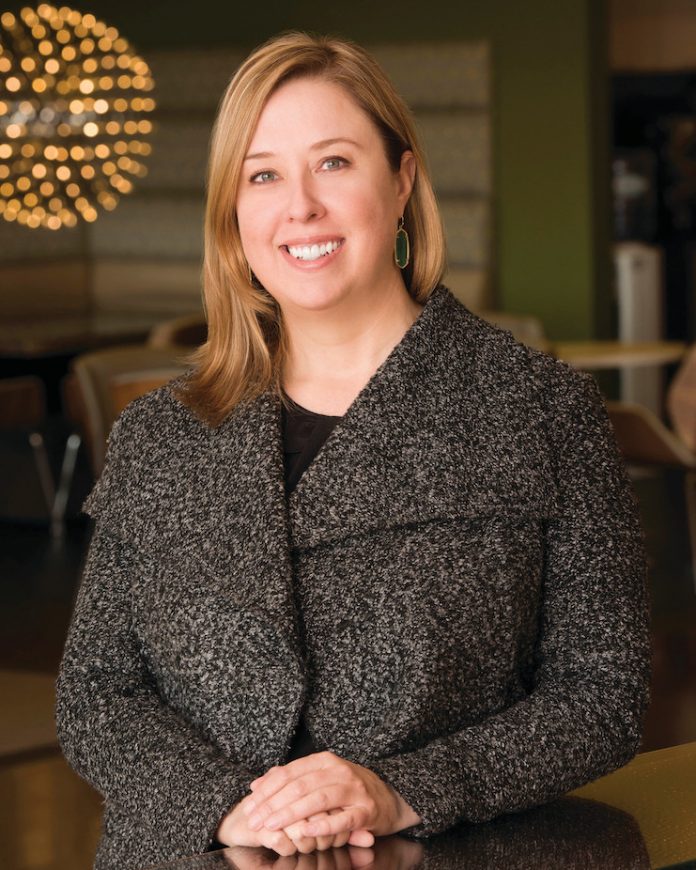
Patricia Davis, senior vice president, marketing and communications, Davidson Hotels & Resorts, observes the impact of technology on virtually all aspects of the travel industry—including meeting planning. She notes that this is particularly the case when it comes to group travel, where technology touches nearly everything—“from the way that meeting planners research and identify meeting venues to the way they pay the final bill and everything else in between.”
Davis describes how technology initially eases the proposal preparation process with venues. “For starters, with so much content readily available to planners online, it’s much easier for planners to narrow down possible venues from their desktops allowing for a more streamlined RFP process.”
In general, she says, groups expect technology that makes having their meetings at a given hotel easier. This, she says, includes offering online reservation portals, noting, “Technology like ‘Passkey’ allows for group delegates to add their names of rooming lists themselves, making the process more streamlined and easy to manage.” She says, too, that top-notch AV is an absolute must. “State-of-the-art AV capabilities at hotels give meeting delegates many more options for their presentations as well. Virtually gone are the days where the presenter starts late because she is trying to find the right cable to connect her laptop to the projector; the internet of things has made meetings from small breakouts to large general sessions relatively plug and play.”
“With people now connected to technology 24/7, guests must be able to plug in either in their rooms or in our lobbies and public spaces; being able to easily get work done is especially critical for business groups.”
Davis says hotels that cater to groups must also meet the expectations of the meeting attendees who will be staying at the hotel. “The delegates themselves expect to have technology available to them in the rooms that make the hotel more than just a place to sleep between planned activities,” she says, listing these tech requirements as: Smart TVs that allow people to stream their own content, fast and reliable WiFi, and plentiful AC and USB outlets that are easy to access so guests can charge the multiple devices they typically bring. “With people now connected to technology 24/7, guests must be able to plug in either in their rooms or in our lobbies and public spaces; being able to easily get work done is especially critical for business groups.”
Davis says that hoteliers need to plan for growth and seize opportunities that support it. “Identifying partners who offer scalable technology helps hoteliers evolve as our guests’ needs advance. Replacing equipment or software to allow for an upgrade is often a costly barrier to elevating offerings. Finding platforms that are cloud-based with partners with the ability and a plan to continue to evolve and change will help hoteliers align with guests.”
As Davis reminds, “Being the easiest to do business with is always the way to go in gaining the advantage.” Right now, she says, making sure the most up-to-date and reliable technology is made available to meeting planning partners and guests is an important part of achieving the goal of higher sales for hotels, which, she calls “the greatest advantage of all.”











